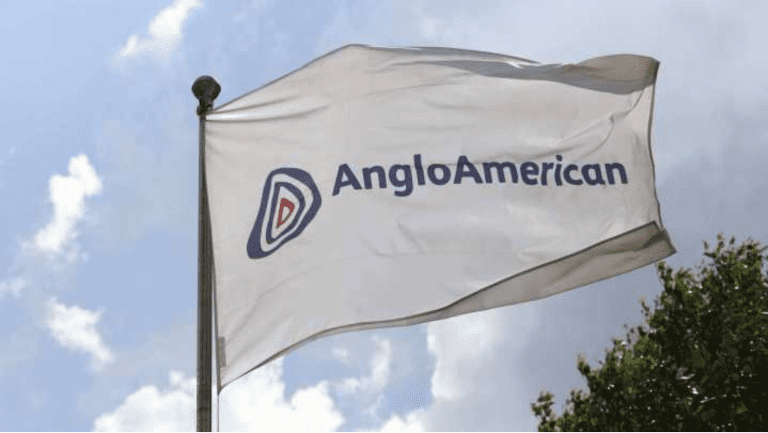British American Tobacco (BAT) recently announced significant developments in its debt management strategy through cash capped debt tender offers. This move reflects the company’s proactive approach to optimizing its capital structure and managing debt efficiently.
Early Results of the Tender Offers
The early results of BAT’s cash capped debt tender offers indicate a substantial response from investors. As of the Early Tender Deadline, several series of Securities had been validly tendered, showcasing investor interest in the offer.
Here’s a snapshot of the principal amounts outstanding and tendered for each series of Securities:
| Issuer / Offeror | Title of Security | Principal Amount Outstanding | Principal Amount Tendered | Acceptance Priority Level |
|---|---|---|---|---|
| BATIF | 2.250% Guaranteed Notes due 2052 | £650,000,000 | £385,519,000 | 1 |
| BATIF | 4.000% Guaranteed Notes due 2055 | £350,000,000 | £169,682,000 | 2 |
| BATIF | 2.000% Guaranteed Notes due 2045 | €600,000,000 | €160,078,000 | 3 |
| BATCAP | 3.984% Notes due 2050 | $1,000,000,000 | $687,038,000 | 4 |
| BATCAP | 3.734% Notes due 2040 | $750,000,000 | $344,435,000 | 5 |
| BATCAP | 4.540% Notes due 2047 | $2,500,000,000 | $1,157,676,000 | 6 |
| BATCAP | 4.758% Notes due 2049 | $1,000,000,000 | $388,247,000 | 7 |
Increased Maximum Tender Amount
BAT has decided to increase the maximum aggregate purchase price in the Tender Offers to £1.2 billion. This adjustment demonstrates the company’s flexibility in responding to market conditions and investor demand.
Acceptance Priority Levels and Purchase Strategy
The Acceptance Priority Levels determine the purchase priority for each series of Securities. Higher priority levels are accepted first, subject to the Maximum Tender Amount. This strategy ensures a structured and efficient debt purchase process.
- Acceptance Priority Levels 1-5: Securities in these levels are expected to be accepted in full.
- Acceptance Priority Level 6: Securities in this level will be accepted on a pro-rata basis.
- Acceptance Priority Level 7: Securities in this level will not be accepted.
Currency Considerations
The purchase price for Dollar Securities, Sterling Securities, and Euro Securities will be paid in the respective currencies. Conversion to Sterling will be based on specified exchange rates to determine the Maximum Tender Amount.
Implications for Investors
Investors participating in BAT’s Tender Offers have the opportunity to optimize their portfolio by tendering their Securities. The early results suggest a favorable response, indicating investor confidence in BAT’s debt management strategies.
Conclusion
British American Tobacco’s cash capped debt tender offers and increased Maximum Tender Amount signify a strategic approach to debt management. By proactively engaging with investors and optimizing its capital structure, BAT aims to enhance shareholder value and financial flexibility.


































